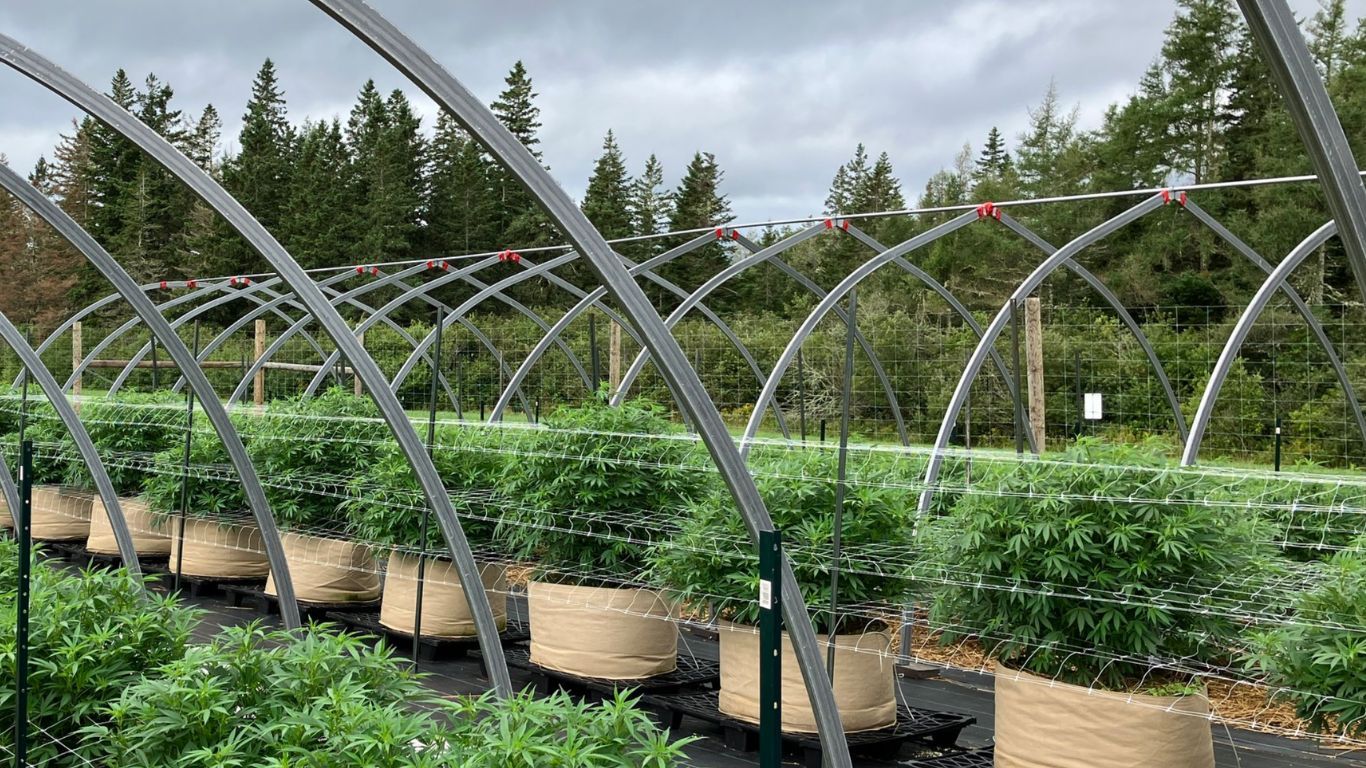
One of the most well-known names behind the federal regulator’s cannabis department for nearly a decade is now leading the federal team tasked with engaging with the cannabis industry and finding ways to help it grow.
Eric Costen—who formerly served as the Executive Director of the Office of Medical Cannabis from 2013-2015, then as the Director General of the Cannabis Legalization and Regulation Secretariat from 2016-2019, and then Associate Assistant Deputy Minister in charge of overdose crises and drug policy at Controlled Substances and Cannabis Branch from 2019-2021—is now leading up the Industry Sector (IS) of Innovation, Science and Economic Development Canada (ISED).
IS is the centre for the provision of advice on the Government’s industrial policy, based on economic and technological expertise and industry outreach.
Canada’s Budget 2022, released earlier this year, includes several references to the cannabis industry, especially concerning cannabis taxes and the evolution of the industry.
Since legalization there has not been a clear voice for the sector within the federal government and today’s news is a good first step on the path to recognizing the economic clout and importance of the cannabis sector in Canada.
Omar Khan, High Tide Inc.
The work under IS includes a call for a “cannabis strategy table” that will seek to support an ongoing dialogue with businesses and stakeholders in the cannabis sector and will be led by the Department of Innovation, Science and Economic Development (ISED). The group’s goal is to provide an opportunity for the federal government to hear from industry leaders and identify ways to work together to grow the legal cannabis sector in Canada.
The inclusion of the cannabis industry and ISED’s mandate has been seen as a positive step by the industry as it struggles to deal with a highly regulated and heavily taxed industry.
Deepak Anand, a long-time cannabis industry consultant and the Principal at ASDA Consultancy Services, says the presence of Costen at ISED can convey a level of confidence to the industry.
“The fact that a senior Government of Canada official—the Minister of Finance—included the rationale for setting up of an ISED industry table in her budget shows that there is the highest-level acknowledgement within the Government of Canada about the importance of the cannabis industry to Canada,” says Anand in an email to StratCann. “ISED committees are typically set up by the Government for industries that have major economic impacts, those that create significant jobs for Canadians and drive economic growth in Canada.”
“Existing ISED economic strategy tables are typically chaired by an industry CEO alongside a Deputy Minister with the Canadian Federal Government. It is excellent news for the industry to have someone on the government side as experienced and well-versed on the file as Eric Costen. I hope that the industry CEO for this table is picked/appointed in an equally strategic and well-serving manner.”
“I am confident that this cannabis strategy table will be able to make serious, timely and important changes to Canada’s existing cannabis regulations and policies in order to further enshrine Canada’s leadership position as the second country in the world and the first and only G7 member nation to legalize cannabis at a federal level,” he adds.
Anand says he wants to see a reduction of the federal excise tax and a universal excise stamp, rather than separate provincial stamps, the elimination of all taxes on medical cannabis, an increase in the current 10mg THC limit for edibles, pharmacy dispensation for medical cannabis, and a loosening of marketing restrictions.
Omar Khan, the Senior Vice President of Corporate and Public Affairs at High Tide Inc., a cannabis retailer with over 100 stores across Canada, told StratCann earlier this year that High Tide has lobbied for these types of changes in the past.
“We at High Tide welcome the proposed creation of a federal cannabis strategy table,” Khan tells StratCann. “This is something that we have been advocating for publicly through media and privately with government. Since legalization there has not been a clear voice for the sector within the federal government and today’s news is a good first step on the path to recognizing the economic clout and importance of the cannabis sector in Canada.”
Featured image via CPAC.ca











